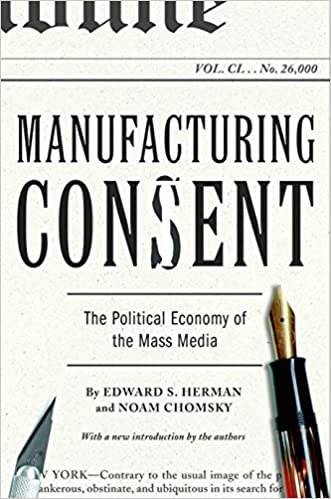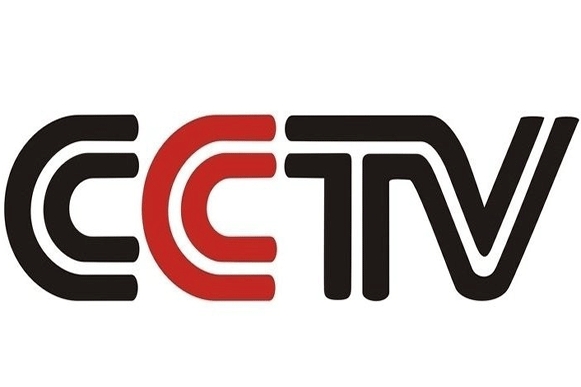Introduction
With the development of society and the emergence of digital media, some of the viewpoints in the theory of manufacturing consent cannot adapt to the current media development. [1]The rise of digital media has led to a gradual trend towards democratization and freedom in the content of creators, which has weakened the role of traditional media theory as a ‘goalkeeper’. The “filter” aspect of this theory does not take into account the situation of digital media.
The second point is the overview of the global market in the manufacturing consent theory. [2]The birth scene and scope of application of this theory are limited to the media landscape in the United States, and with the rise of global new and digital media, the scope of application of this theory has become very limited. It cannot effectively cover countries such as Europe and Asia, such as Chinese media. China’s system is socialist, which also leads to many differences in its media landscape compared to capitalist countries. This theory cannot adapt to China’s media landscape.

Examples
Burberry
With the emergence of digital and social media, Burberry, like many parallel brands, faces opportunities for direct interaction and challenges with consumers. This greatly weakens the gatekeeper role of traditional media. Now, Burberry can plan its own content, interact with consumers without the support of intermediaries, and also fight against negative media defamation. Consumer and market feedback also plays a significant role in shaping brands, sometimes even completely bypassing traditional media.
CCTV
The lack of a global market perspective in the manufacturing consent theory is exemplified by CCTV. The manufacturing consent theory focuses on the influence of enterprises and market forces, while cctv is the opposite. The Chinese government directly controls the operation of the media system, and the content broadcasted by CCTV receives government supervision and review. It is a carrier of national propaganda, completely opposite to the theory of manufacturing consent forms. Secondly, the content and narrative of CCTV are deeply intertwined with China’s cultural and political background. The views of ownership, procurement, criticism, and anti communism in the theory of manufacturing consent completely contradict the pattern of the Chinese media market. This viewpoint is almost completely inapplicable in the Chinese media market, which is why the theory of manufacturing consent forms lacks a global perspective.
Conclusion
In summary, I believe that some of the viewpoints in the theory of manufacturing consent have limitations. It cannot adapt to the rise of new and digital media, nor does it have a global perspective. The rise of new and digital media has impacted the role of “goalkeeper” in this theory, and the media landscape of socialist country China cannot adapt to this theory. In short, some of the viewpoints in this theory are no longer suitable for the current development of society.
Reference list
[1]chomsky 1988 https://chomsky.info/consent01/
[2]Media Master Class https://www.mend.org.uk/wp-content/uploads/2015/11/The-Media-its-reach-Influence-reading-summary-copy-1.pdf


Hi, aftering reading your blog, I learned the limitations of manufacturing consent. And the examples you cited also prove this point very well.
Your blog article provides an excellent study of the manufactured consent theory’s weaknesses in light of today’s changing media world. I appreciate your well-articulated views on the influence of digital media on democratisation and its global consequences, as demonstrated by examples such as Burberry and CCTV.
The CCTV instance is particularly instructive. Your explanation of how the Chinese government directs the media system, structuring content as a vehicle for national propaganda, exposes the theory’s incapacity to account for such state-controlled media dynamics. The emphasis on China’s cultural and political context highlights the theory’s inapplicability in a wide range of global media markets.
To strengthen your case, I would suggest you try expanding on potential alternative frameworks or media theorists who have tackled similar issues in understanding media dynamics in non-Western contexts.
Your blog points out that “manufacturing consent” have limitations, and I agree with this viewpoint, especially when you further explain, using CCTV as an example, that “manufacturing consent” are not suitable for media directly controlled by the government
Manufacturing consent does have some limitations. With the development of modern media this theory is no longer applicable to the present society. Likewise this theory no longer applies to the American media landscape. The way the media is created and the definition of the role of the gatekeeper is now diverse and highly malleable.